We were lucky to catch up with Devki Rajguru recently and have shared our conversation below.
Devki, looking forward to learning from your journey. You’ve got an amazing story and before we dive into that, let’s start with an important building block. Where do you get your work ethic from?
Simply put, my parents. We immigrated to the US when I was just three years old, and I watched, first hand, my parents work hard in the typical fashion of immigrants – do any and everything so that their children will have more opportunities. They truly believed in the American Dream, where your hard word will be rewarded. They survived, and thrived.
At that time, most mothers were stay at home moms. Mine worked full time, taught typing at the VocTech college two nights a week, as well as typed up theses for PhD students on the weekends.
My father had a high level position in the school district as the director of finance. His view was they were a team, so he picked up all the house and garden work. He did not subscribe to male pride, or traditional gender roles. He taught my brother how to cook and showed me how to fix things around the house.
They were amazing. Strict, traditional, yet unconventional and curious.
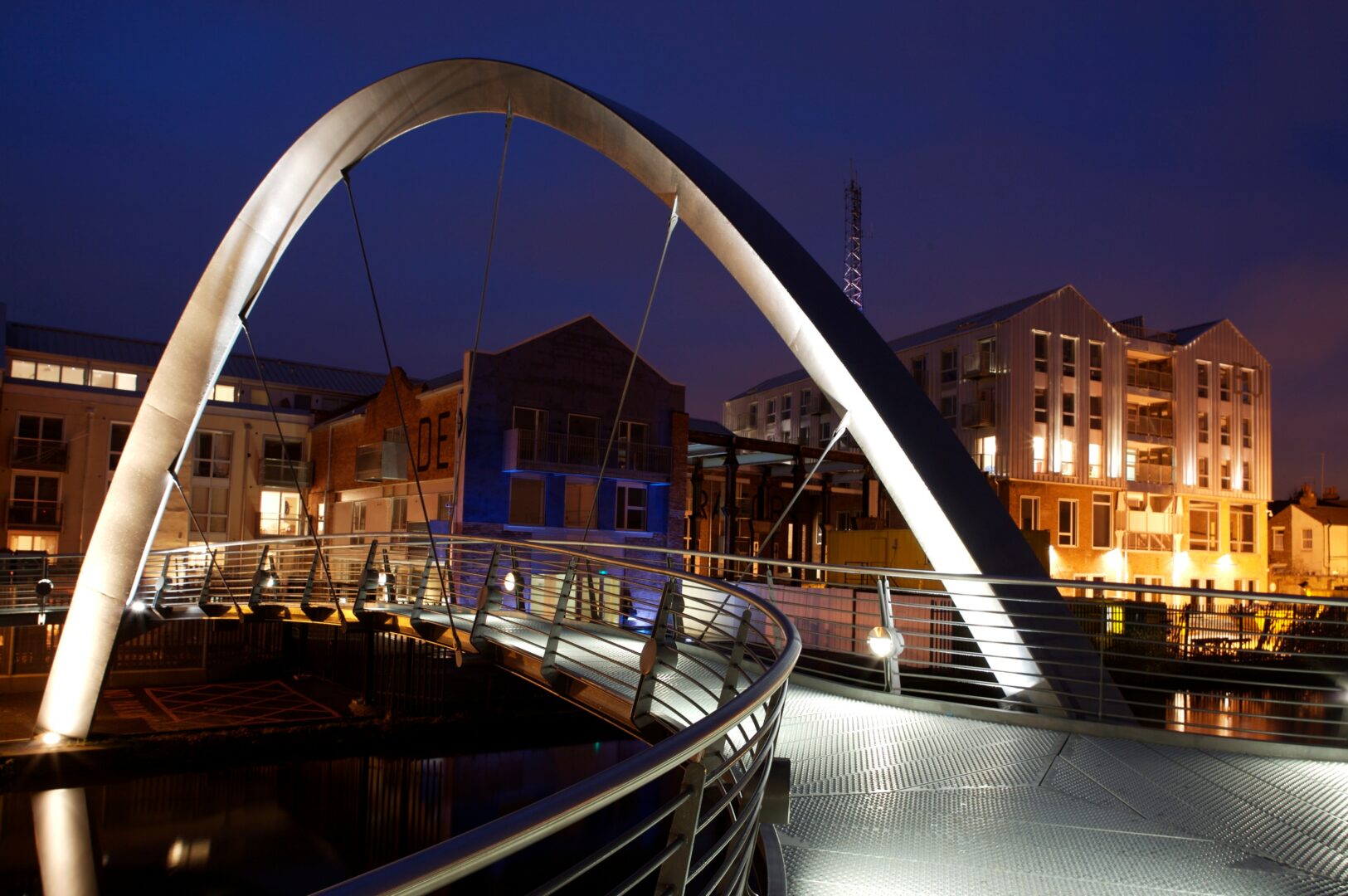
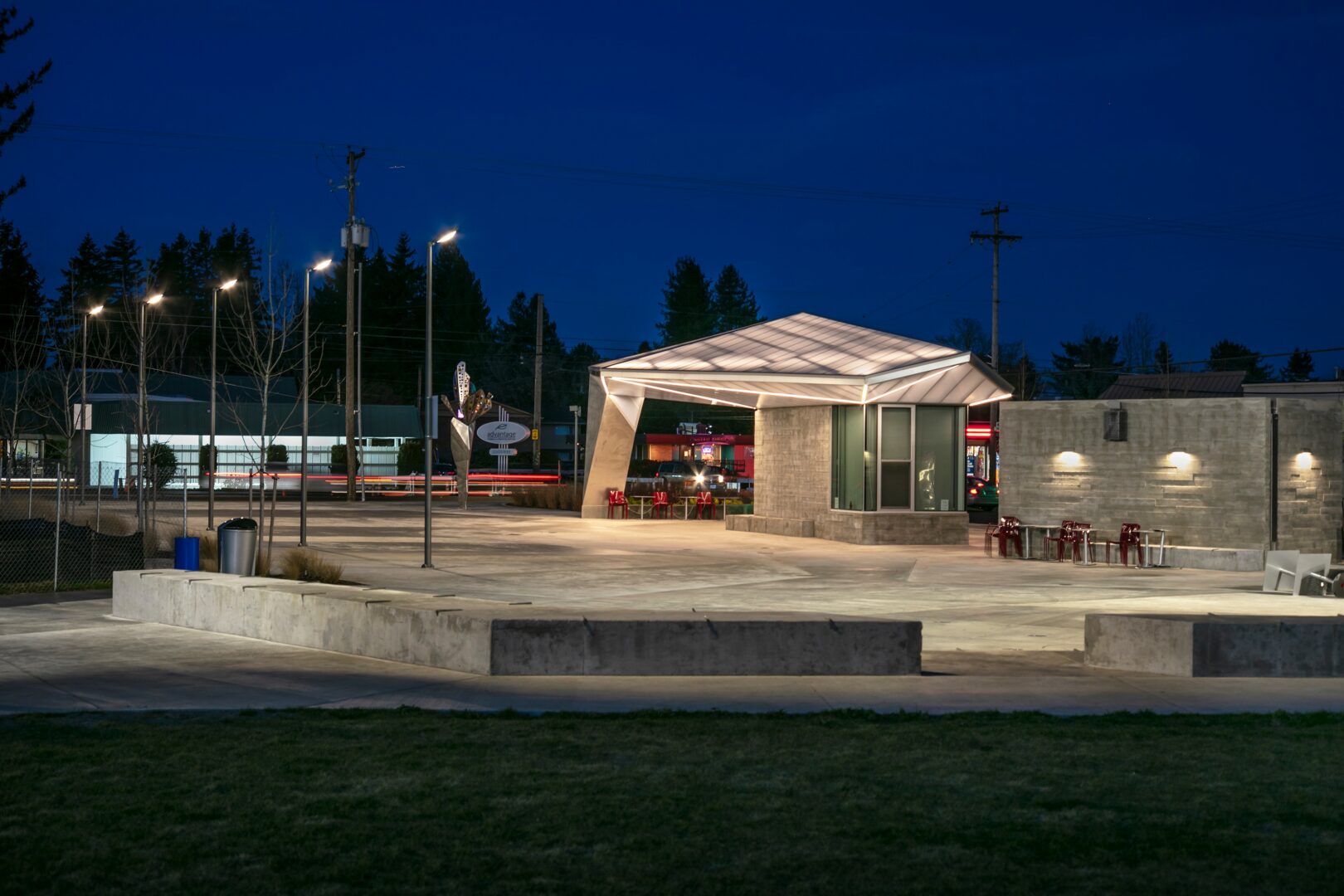
Appreciate the insights and wisdom. Before we dig deeper and ask you about the skills that matter and more, maybe you can tell our readers about yourself?
My path to lighting design started in the 2D world of graphic design, which lead to a rather short, but fun, career in Marketing. First, for a private chain of hotels on O’ahu called Outrigger Hotels Hawai’i, then at Nintendo of America, an international game console company, and eventually to WRQ, a software firm in Seattle.
I realized I was a bit bored, and decided to pursue an idea that was living at the back of my brain… I went back to university to study architecture at Rensselaer Polytechnic Institute, where I met the crazy lighting folks of the Lighting Research Center that inhabited the third floor of my architecture school building. I left architecture school and got my dream job in a small firm back in Seattle. Those lighting geeks pursued me, luring me back for a master’s degree in lighting.
While back at RPI, I went to a lecture by a visiting professional from the UK during my first semester. He spoke about differences between the US and the UK and Europe. I was intrigued. I’d been interested in moving to Europe after architecture school, but the economic climate had not supported such a move. Another guest lecturer turned out to be a rather famous lighting designer, recently relocated to Portland, Oregon. After his talk, I jokingly asked him for a job for the summer between the two years of my master’s degree. The next day, he stopped by my desk, and officially offered me a summer internship.
His name is James Benya, and anyone in lighting in the US knows him. At 6’6″, his height is only topped by his big personality and love of lighting. That summer, I headed back west, and learned how to apply all the things I’d learned in books and experiments to real life. He firmly planted the seed of lighting design in my heart.
Classes resumed, a thesis was devised and experiments to prove it were carried out. Graduation loomed and I began packing to return to Portland. Then I got a call from England. That first lecturer had passed my name on to his friend who owned a lighting design company just outside of London. They were looking for a designer with an architectural background to balance out his engineering experience. Bada-boom bada-bing, as they say, and I was off to England!
Getting my head around the metric system was a feat! Learning the nuances of culture and clients in the UK, as well as Europe, was a constant learning cycle. These are things that could never be taught in a classroom. The product range and technology were so different. I found my flow, and made friends in the lighting community.
London was the most amazing place to grow up in my industry. World famous architects, historic buildings, cultures and languages all mixed together. What I appreciated most was that architects and clients seemed to fundamentally understand the importance of quality lighting, and realized that you get what you pay for.
I transitioned from an independent lighting design firm to go work as the corporate lighting designer for the London office of a global German manufacturing company, ERCO. The prestige of the brand got our foot in the door for many high visibility projects, and into the offices of well known architects. In total, I spent a decade working in London, honing my design skills with exacting clients and prestigious projects around the world.
Family duty called me home to Seattle in 2008, where I hung out a shingle and offered my services. I was able to partner with my old mentor while I learned the ropes of lighting design in the US, and familiarized myself with the subtle differences. The world of LEDs was just starting to take hold, and my experience with a quality manufacturer was paying off.
For me, I’ve been fortunate to have worked with clients around the world on projects small and extra large, famous and mundane. The skill I’m most proud of is listening, and hearing what my clients really want. I’ve coined a phrase to explain it: Lighting is the little black dress of architecture. When done correctly, it enhances and highlights all the good aspects, while subduing those that don’t need that kind of attention. This applies to both indoor and outdoor lighting. In America, we are just now realizing the value of our outdoor spaces as extensions of indoor spaces. My experience abroad has helped position my company as experts in this area of design.
In the 17 years I’ve had LittleFish Lighting, technology has transformed the lighting world. Things that once required miles of wiring are now wireless. Color changing which used to be quite limited is now limitless. Staying abreast of improvements and inventions in LED technology is almost a full time job, but the application of the correct technology is where the skill comes in.
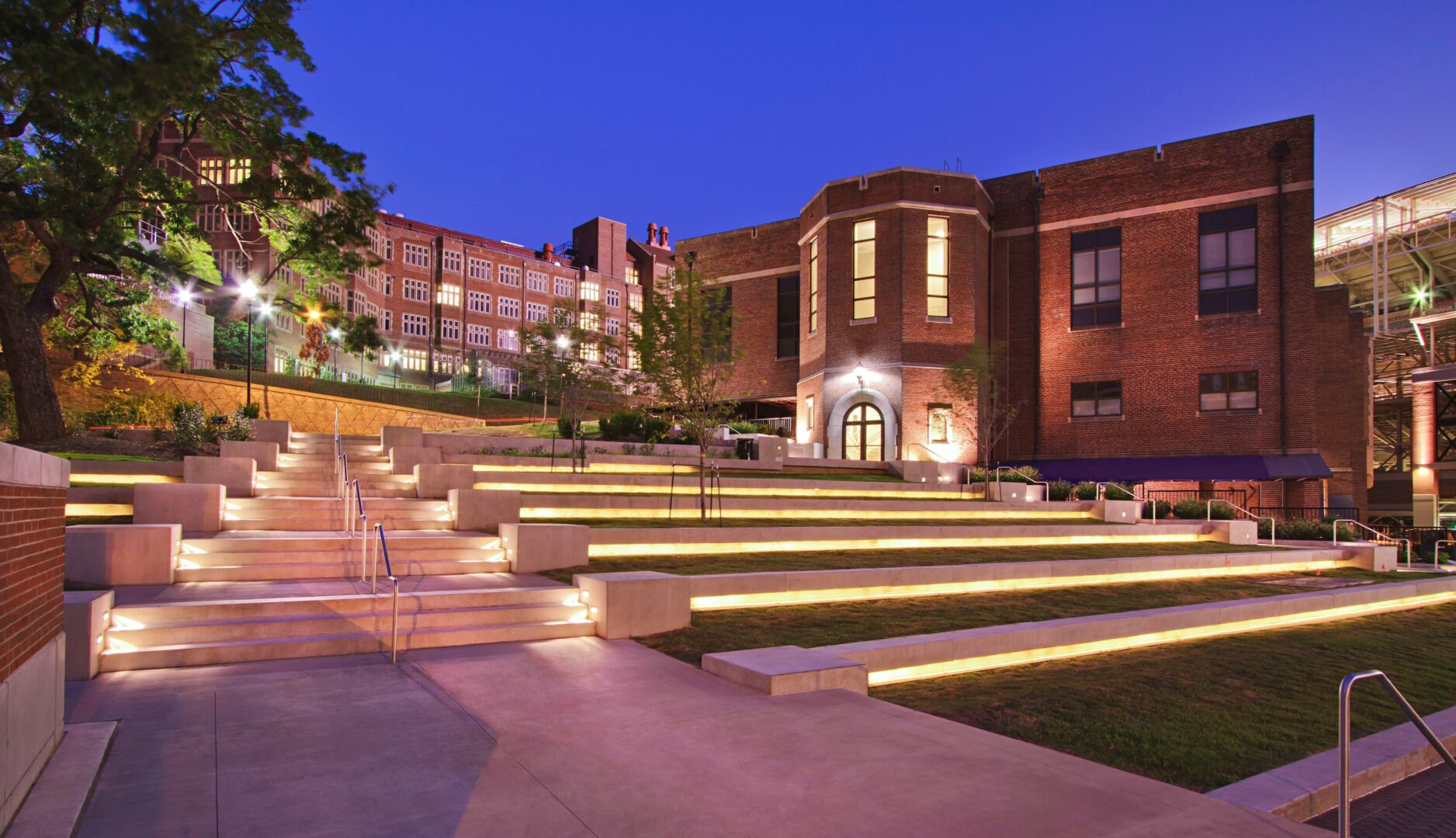
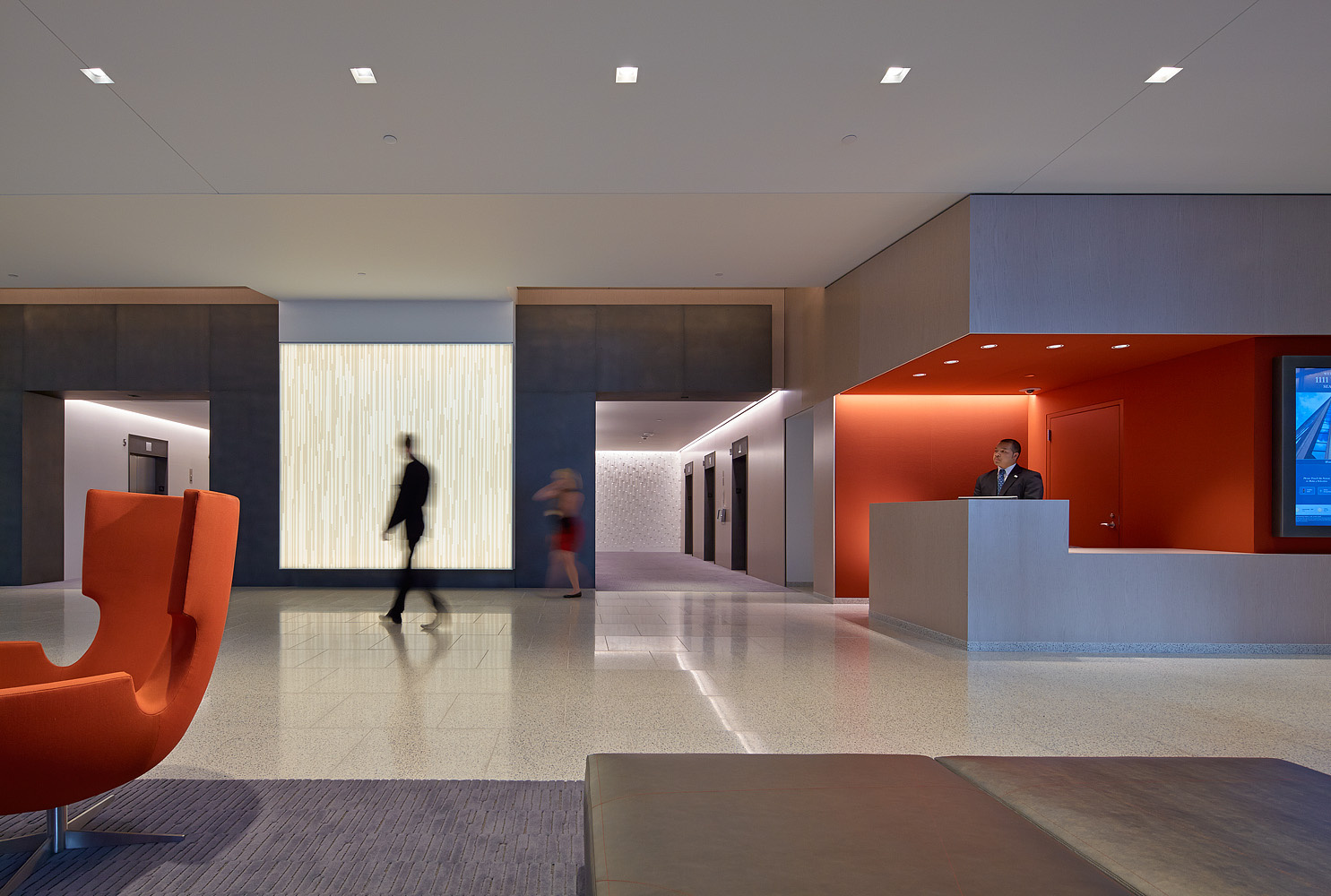
Looking back, what do you think were the three qualities, skills, or areas of knowledge that were most impactful in your journey? What advice do you have for folks who are early in their journey in terms of how they can best develop or improve on these?
First and foremost is the ability to listen, and actually hear, what the client is saying. Sometimes, it is not the actual words that relay the true wants and desires.
Nothing can beat experience. It’s the reason I travel…to see and experience as many different cultures, places and people as possible. Each teaches me something. I may use that knowledge immediately, or not for a decade, but the memory is there.
Always ask questions. I never know what someone else knows. I am guaranteed to learn something new every day. In terms of lighting, technology is constantly changing, allowing application and design to continuously evolve.
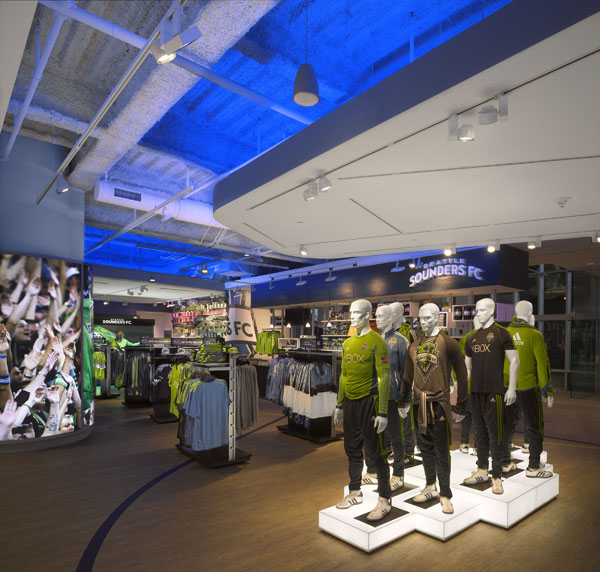
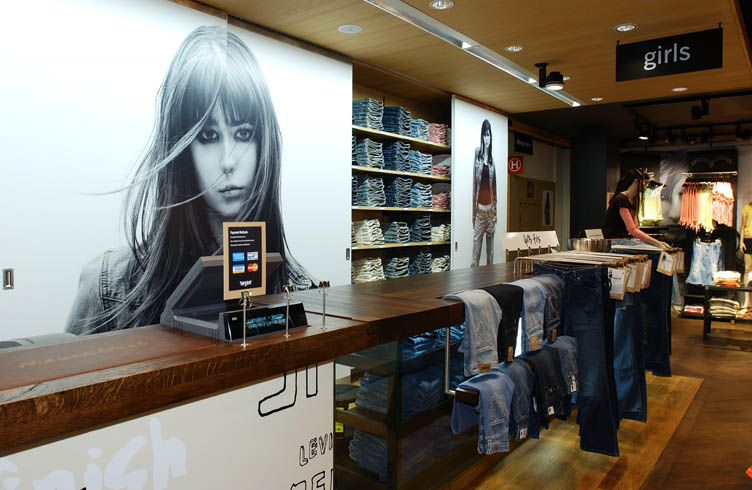
To close, maybe we can chat about your parents and what they did that was particularly impactful for you?
My parents taught me to dream, and believe in those dreams.
As the youngest child in my family, I was always chasing after the older siblings. Rivalry was constant. Better grades, better university, and so on. My brother graduated a year early from high school. I beat him by collecting all the credits required a semester earlier. I wanted to become an aeronautical engineer. My parents were so proud. But, when I told them I’d changed my mind and wanted to become a graphic designer, they were obviously stunned, but equally proud.
The golden rule in our family was that only I was responsible for my happiness. It was up to no one but me to ensure I was happy, for isn’t that the goal in life? They taught me that if I could dream it, I could make it happen.
Contact Info:
- Website: https://www.littlefishlighting.com
- Instagram: littlefish_lighting
- Linkedin: Devki RajGuru
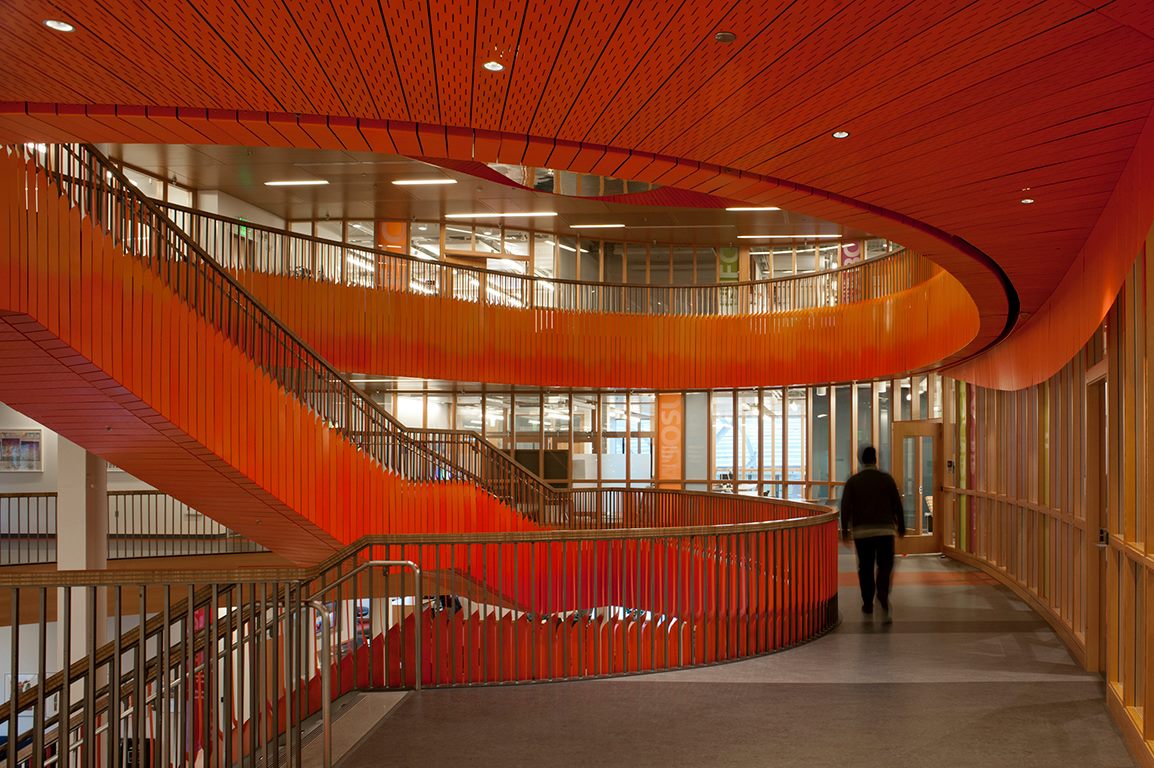
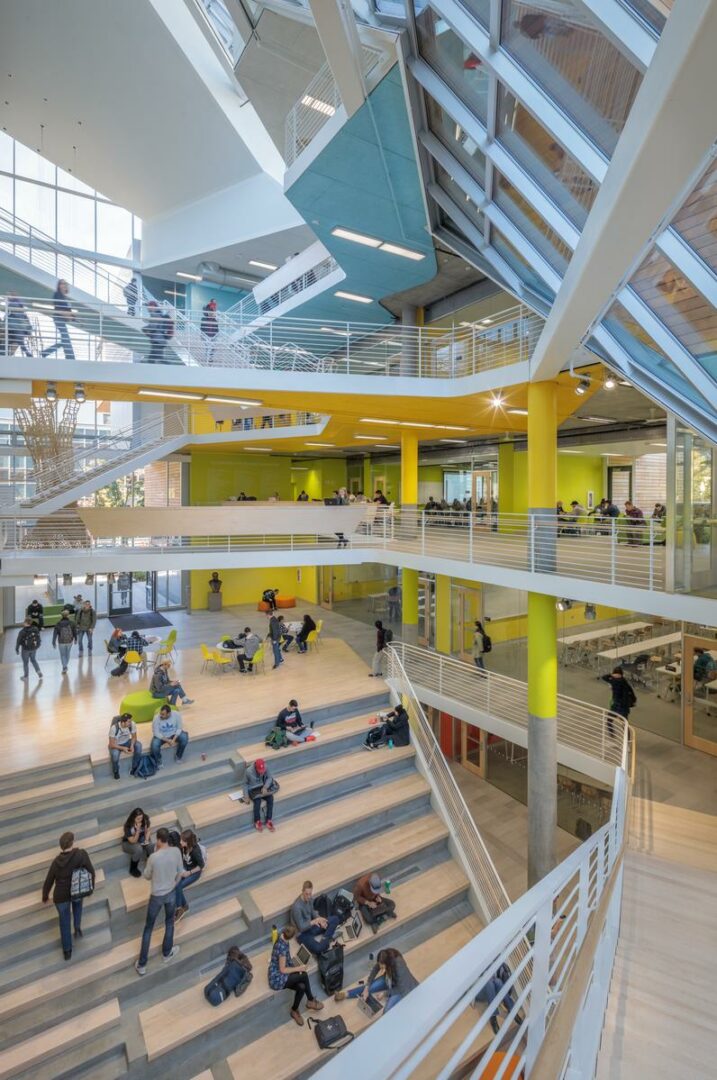
Image Credits
1. Tim Lucas
2. Pete Eckert
3. Robert Batey
4. Doug Scott
5. Arnaldo Dal Bosco
6. ERCO Lighting
7. Loren Nelson
8. Brad Feinknoepf
so if you or someone you know deserves recognition please let us know here.




